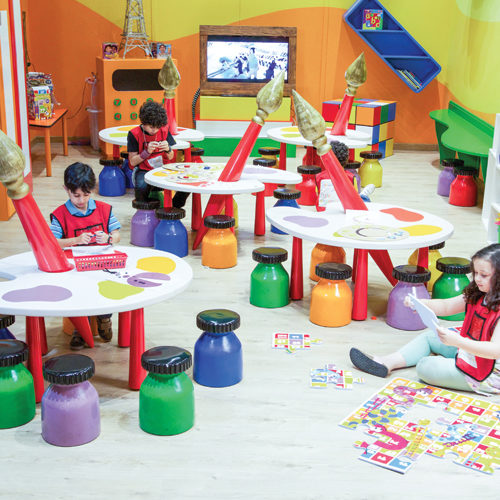Encouraging children to do their homework

With the new school year upon us, let’s look at the best approach to homework for children who avoid doing it.
Homework can often be a challenging task for children who don’t feel enthusiastic about academic learning outside of the classroom. While it’s natural for some kids to resist homework, there are ways to help your child conquer the ‘homework blues’ and develop a happier relationship with their work.
The power of routine
Routine is vital for children in many areas of life and homework is no exception. By establishing a designated time and place for homework everyday, your child will learn, through consistency, that homework is a regular part of their routine, reducing the chances of any procrastination on their part.
A good workspace
The environment your child works in will significantly affect how easily they are distracted or alternatively, how well they can focus. Doing homework in a noisy or busy area of the house makes it harder to pay attention and be productive. Aim to create a dedicated workspace that is free from distractions and screens, and is in a quiet part of the home where disruptions will be minimal.
One step at a time
The prospect of tackling a substantial assignment can be daunting to anyone. It may be helpful to teach your child to break down large assignments into more manageable steps. This prevents overwhelm and allows them to tackle one part at a time.
Setting small goals with specific timeframes can also make each piece of homework seem less stressful and more achievable. Ticking off each step or goal gives kids lots of built-in ‘wins’, which maintains their sense of accomplishment while working through the assignment and motivates them to keep going.
Incorporating breaks and rewards into the homework routine can boost your child’s motivation and give them a structure to work within. Every 30-45 minutes, or when a chunk of an assignment is completed, encourage your child to take short breaks. These can be used to relax or even get a small reward, creating positive associations with completing tasks.
The supportive approach
As a parent, it can be challenging to find the tricky balance between providing support and not micromanaging or stifling children’s independence. The best approach is to offer guidance and answer questions, while also allowing your little one to work on their own. Your support will give kids who struggle with their academic confidence a sense of reassurance and security.
Helping children who dislike doing their homework requires some structure, encouragement and a strategic approach. Remember, the goal isn’t to make kids love homework, but to equip them with the right skills to manage it efficiently and approach it with a positive attitude. By implementing these practical tips, you can transform homework time from a struggle and a stress into a practised routine that gives your child a sense of achievement.











Comments